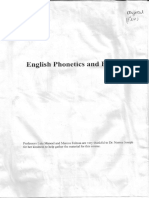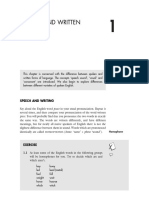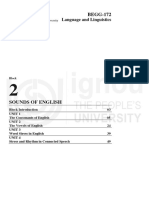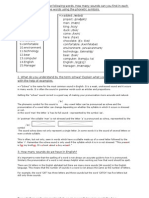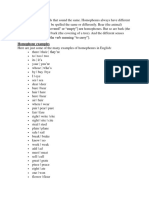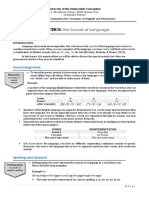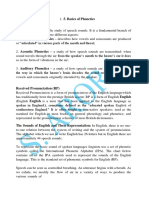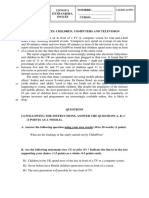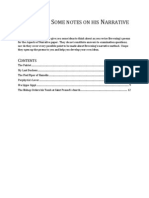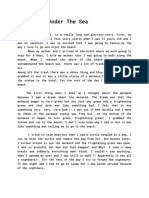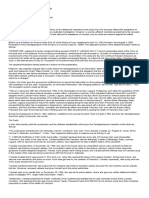0% found this document useful (0 votes)
272 views3 pagesEnglish Sound vs. Spelling Guide
The document discusses the inconsistencies between English spelling and pronunciation through several examples provided by George Bernard Shaw. It notes how the same combination of letters can represent different sounds in different words. It also provides examples of how different spellings can represent the same sounds. The conclusion is that the sounds of words are more important than spellings in understanding English, as spelling does not reliably indicate pronunciation.
Uploaded by
Ruth SanchezCopyright
© © All Rights Reserved
We take content rights seriously. If you suspect this is your content, claim it here.
Available Formats
Download as DOCX, PDF, TXT or read online on Scribd
0% found this document useful (0 votes)
272 views3 pagesEnglish Sound vs. Spelling Guide
The document discusses the inconsistencies between English spelling and pronunciation through several examples provided by George Bernard Shaw. It notes how the same combination of letters can represent different sounds in different words. It also provides examples of how different spellings can represent the same sounds. The conclusion is that the sounds of words are more important than spellings in understanding English, as spelling does not reliably indicate pronunciation.
Uploaded by
Ruth SanchezCopyright
© © All Rights Reserved
We take content rights seriously. If you suspect this is your content, claim it here.
Available Formats
Download as DOCX, PDF, TXT or read online on Scribd
/ 3













